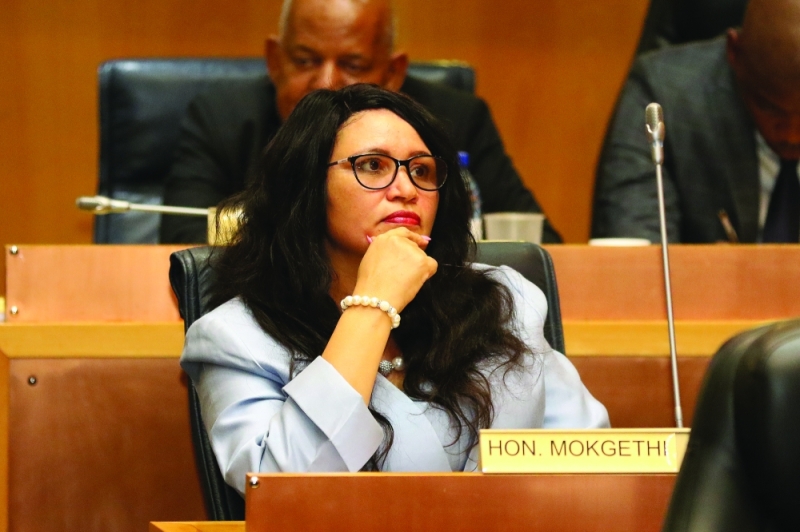Retrenchment still on the rise
Abang Tapologo | Monday July 24, 2023 06:00


Last year in Parliament, Machana Shamukuni, then minister of Employment Labour Productivity and Skills Development, disclosed that the number of people retrenched between April 2020 and February 2022 stood at 344.
This week in Parliament, assistant minister of Local Government and Rural Development, Mabuse Pule revealed that a total of 1,204 employees were retrenched between April 2020 and March 2023.
This brings the number of employees who lost their jobs between last year February and March this year to 860, an increase of 516. Pule added that 61 companies have tendered in notifications to fully shutdown for business thus increasing the number of job losses. “Out of 61 companies, 15 companies have concluded the process and closed,” he said.
He was responding to a question from the specially elected legislator, Unity Dow who had asked the minister how many companies have undertaken formal retrenchments between April 2020 and March 2023. Pule was answering the questions on behalf of Minister of Labour and Home Affairs, Annah Mokgethi. Pule also disclosed that a total of 840 companies had submitted notifications with intentions to retrench in terms of Section 25 of the Employment Act to the Commissioner of Labour and only 145 companies have carried out retrenchments.
Asked to project on how many more jobs are expected to be lost between April 2023 and March 2024, he said that his ministry was not in a position to project the number of job losses up to March 2024. “This is because retrenchment is a process which involves bipartite and tripartite consultations. Out of these consultations, over the years we have managed to mitigate job losses.
However, from the notifications received thus far, there is a likelihood of job losses,” he pointed out. Pule also indicated that his ministry continues to engage employers who submitted intentions to retrench with a view to finding ways of avoiding job losses. He said companies are encouraged to find possible measures to avert any possible retrenchments.
“Further, my Ministry also encourages a spirit of give and take in retrenchment consultations to ensure that employees receive packages that will cushion them against the effects of retrenchments, where, in a case, it is unavoidable”, he emphasised. The COVID-19 epidemic has triggered a wave of economic issues throughout the world, including Botswana. As companies struggle to survive in the face of lockdowns and decreased consumer spending, many have resorted to closing down and trimming their staff, resulting in an increase in unemployment rates. With Botswana currently facing a wider economic uncertainty, the string of layoffs following the frenzy of COVID-19 has increased. With employment losses, households face financial insecurity, unable to afford basic requirements including food, housing, and healthcare.
This predicament impacts not just employees but also communities as a whole. In a survey reported by Statistics Botswana in 2022, the total number of unemployed people who were actively looking for work and those who were not was 328,926. Furthermore according to the report, 74.4% were actively looking for employment, while 25.6% were discouraged job searchers.
The overall unemployment rate for 2022 was projected to be 25.4%. Cases Looking back, the plight of those affected was vividly portrayed by cases such as Botswana Telecommunications Corporation (BTC) which is one of the major players in the country’s telecommunications sector. However, due to the economic downturn caused by the pandemic, BTC was forced to implement cost-cutting measures, including retrenchments. On other level, the closure of bars and restaurants due to lockdown restrictions severely impacted the demand for alcoholic beverages as well. With reduced sales and revenue, companies like KBL were forced to make difficult decisions to stay afloat.
Furthermore, the economic downturn caused by the pandemic led to decreased consumer spending power. As a result, many businesses faced financial difficulties and were unable to sustain their workforce. Pule concluded, “My ministry is in collaboration with social partners, implementing several projects under the Botswana Decent Work Programme (BDWCP) 2020-2024”. The project comes as a ratification strategy to close gaps brought on by the pandemic.
